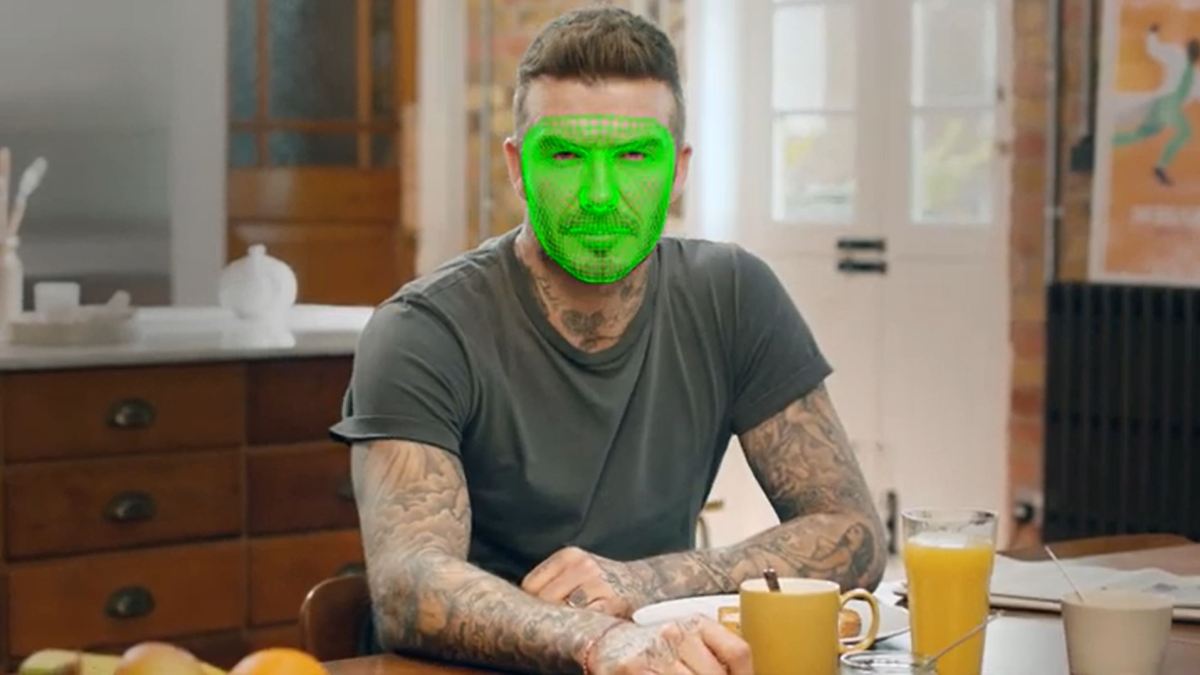A British artificial intelligence video start-up known for making a fake multi-lingual “David Beckham” has rejected a $3 billion takeover proposal from the US tech company Adobe.
London-based Synthesia, which makes hyper-realistic AI generated video, was in talks with the US giant earlier this year but chose to remain independent. The takeover discussions, first reported by the Information tech site, followed a £10 million investment Adobe made in Synthesia in April.
Adobe is understood to believe that both parties agreed amicably not to proceed on a deal.
The Times also understands that Mark Zuckerburg’s Meta, the owner of Facebook, entered talks about a bid earlier this year, which also did not progress.
Victor Riparbelli, Synthesia’s chief executive, is understood to want to continue to build a standalone business and has spoken about his ambition to take the company public in future.
Synthesia, which was founded in 2017, is commonly used for corporate videos, such as marketing or employee training, and enables customers to translate videos into multiple languages. This has included making Beckham appear to speak nine different tongues in a campaign to raise awareness of malaria.
In an interview with The Times last year, Riparbelli discussed the business being worth $20 billion with his co-founder, because of how film is being transformed by AI.
“In three years,” he said, “you’re going to be able to produce a Hollywood film from behind your desk without really anything else, just your imagination. What we know as video today is going to change completely”.

Victor Riparbelli, CEO and founder of Synthesia, claims his technology will change moviemaking
TIMES MEDIA LTD
In a nod to synergies with Adobe, in the same interview, he also compared the use of AI in video, to Adobe’s signature Photoshop programme, which allows users to easily edit images.
Synthesia’s latest financial results show its pre-tax loss grew to $56.5 million from $28.1 million for the year ended December 31, 2024, as it expanded its team and invested in the software.
Group revenues were up by 82 per cent to $58.2 million from $32 million last year, according to accounts filed at Companies House. In July, it opened a new headquarters in central London, it employs 550 people, with about half in the UK and about 150 people in New York with the rest in mainland Europe.
Synthesia’s latest funding round, revealed in January, valued it at $2.1 billion. The business is expected to announce its next funding round by the end of this year at around a $3 billion valuation. This will include further backing from previous investor Jensen Huang, Nvidia’s chief executive, announced during the recent US State Visit to Britain.
Its technology is rapidly advancing. Two weeks ago the company unveiled “video agents” which can hold real-time video conversations with users, answering questions based on company information. It has also created real-time interactive avatars, with natural movement and flexible voice-cloning, all aimed at making them more realistic.
During President Trump’s state visit Huang told Riparbelli in a filmed interview: “The day that you guys roll that out, people are going to freak. It’s so incredible.”
Adobe’s share price has dropped 27 per cent in the past year and it currently has a market value of $148 billion. The move for Synthesia by the US business is just the latest as it tries to expand its product offering. It attempted to acquire Figma, the app design business, in 2023 but abandoned the move after opposition by competition authorities around the world.
Adobe and Meta were approached for comment.
